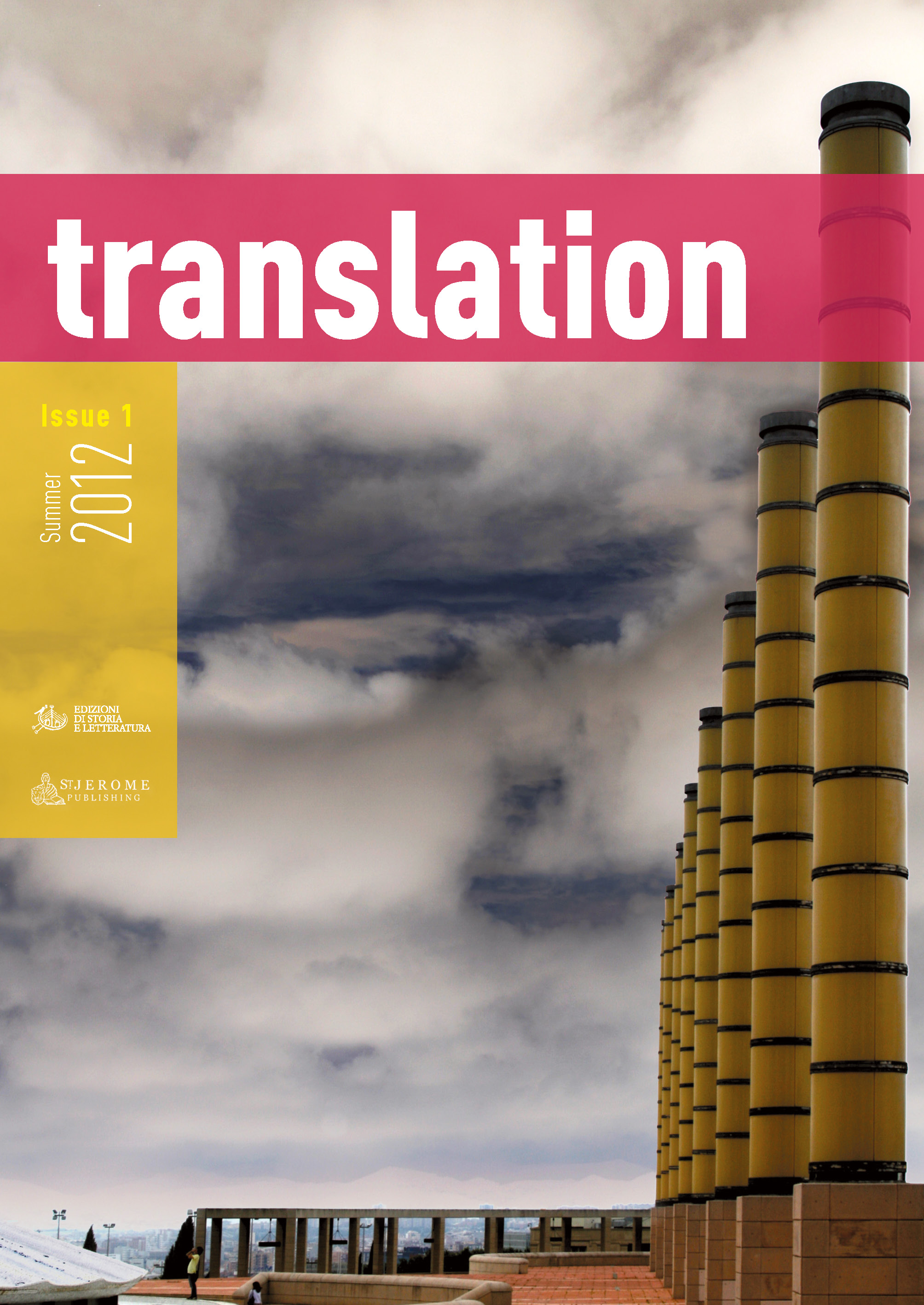Rewriting Memory: A Postcolonial Translation of Don Quixote into Kichwa
Main Article Content
Abstract
Before Spanish colonization, the northernmost part of the Tawant-insuyu or Inka Empire was known as the Chinchaysuyu, today Ecuador. Three million indigenous people currently speak Kichwa in Ecuador. Its speakers consider it a language of communication between human beings (runakuna), divinities (ayakuna/achillikkuna), animals (wiwakuna), the ancestors (apukkuna), and Nature (Pachamama).
Thus, it serves as the language of initiation into Andean epistemology. Its delicate, melodious nature and the lack of words for insulcs make it ideally suited for diplomatic communication. Kichwa belongs to the IIB group in the Quechua linguistic family, and it is not the same language as the one spoken in Peru and Bolivia, chat is, Quechua I and Quechua IIA/IIC respectively (Torero 1964, 451).
Downloads
Article Details

This work is licensed under a Creative Commons Attribution 4.0 International License.

